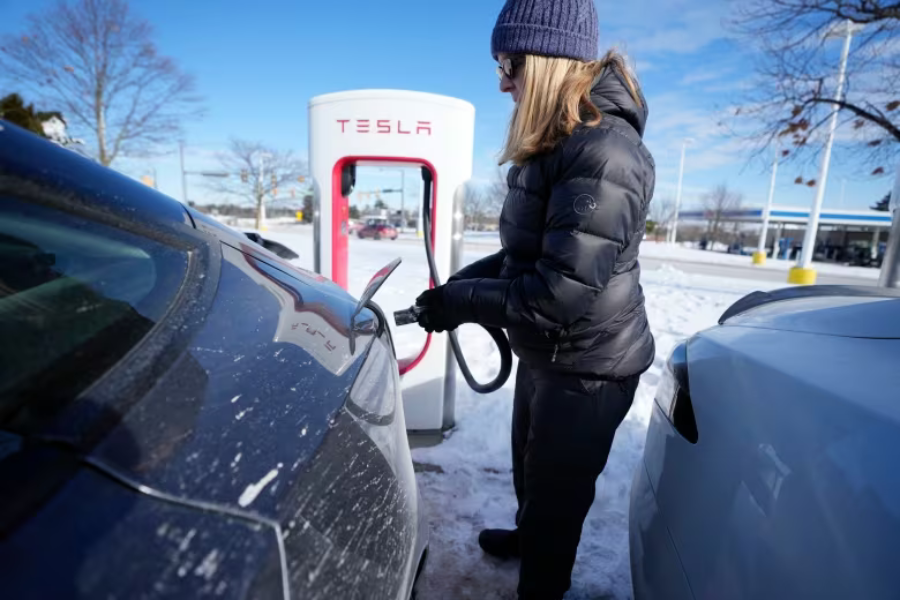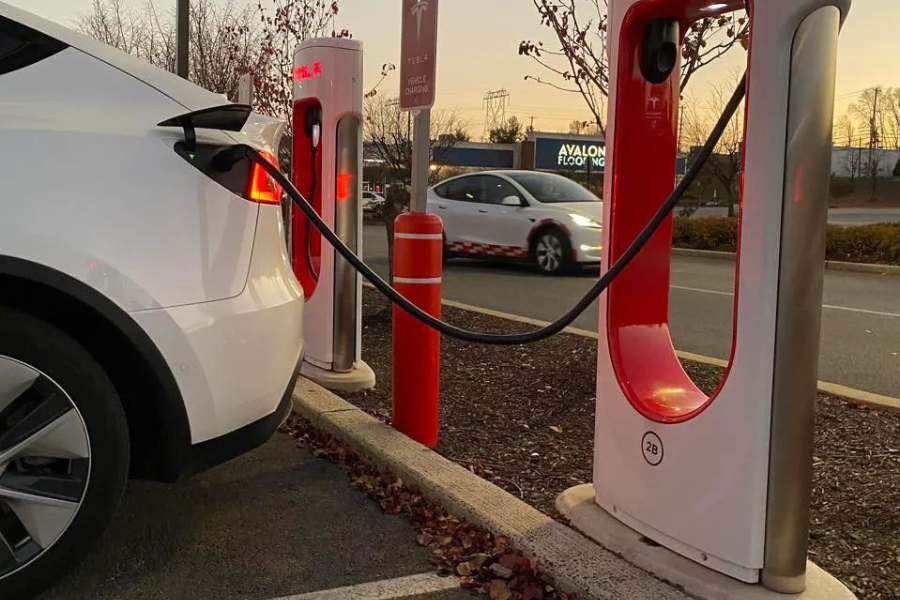Electric vehicles (EVs) have gained widespread popularity as environmentally friendly alternatives to traditional cars. However, they face a significant challenge when it comes to extreme temperatures. From blistering heat to cold, these conditions can impact the performance and efficiency of electric vehicles. In this article, we explore the issues faced by EVs in extreme weather and discuss potential solutions to ensure their optimal functionality.
Understanding the Impact of Extreme Temperatures on Electric Vehicles
Extreme heat can harm the battery life and overall performance of electric vehicles. The article delves into the science behind how high temperatures affect the battery’s capacity, charging speed, and long-term durability. Real-world examples and case studies illustrate the impact of heat on different EV models.
Cold Challenges
Conversely, extreme cold poses its own set of challenges for electric vehicles. The article explores reduced battery efficiency, increased energy consumption, and slower charging times in freezing temperatures. Comparative analyses between various EVs highlight how different models handle cold conditions.

Battery Thermal Management Systems
One crucial aspect of addressing temperature-related challenges in electric vehicles is the implementation of effective battery thermal management systems. This section discusses the importance of these systems in regulating the temperature of EV batteries, ensuring optimal performance in both hot and cold climates. Case studies of models with advanced thermal management provide insights into their effectiveness.
Insulation and Climate Control
Exploring the role of insulation and climate control systems in electric vehicles, this section discusses how advancements in materials and technology contribute to maintaining an ideal temperature inside the vehicle cabin and protecting crucial components. Real-world examples showcase how these features enhance the overall driving experience in extreme weather.
Charging Infrastructure Adaptations
Adapting charging infrastructure to suit extreme temperatures is essential for adopting electric vehicles. The article outlines innovative solutions in charging station design and technology that address challenges posed by weather conditions. Case studies highlight successful implementations and their impact on user convenience.
Battery Chemistry and Materials
Advancements in battery chemistry and materials play a pivotal role in mitigating the impact of extreme temperatures on electric vehicles. This section explores the latest innovations in battery technology, including developments in thermal-resistant materials and designs that enhance performance and longevity. Comparative analyses demonstrate how these innovations differentiate EV models.
Extreme temperatures can significantly impact the range of electric vehicles. Heat can reduce battery efficiency in hot conditions, while cold temperatures increase energy consumption and slow charging times. Implementing effective thermal management systems and advanced battery technologies can help mitigate these effects.
No, different electric vehicle models may respond differently to extreme temperatures based on their design, battery technology, and thermal management systems. Some EVs have advanced features that make them more resilient in extreme conditions. Comparative evaluations and user reviews can provide insights into specific models.
Optimizing your electric vehicle’s performance in extreme weather involves proactive measures. Regularly maintain your vehicle’s thermal management systems, utilize climate control features to regulate the cabin temperature, and stay informed about charging infrastructure developments. Additionally, understanding your specific EV model’s capabilities in different weather conditions is crucial.
The electric vehicle industry is continually evolving, and researchers are actively working on advancements to address temperature-related challenges. Ongoing developments include improvements in battery chemistry, materials, and thermal management systems. Staying informed about the latest technological updates can help EV owners make informed decisions.
As electric vehicles become increasingly prevalent on our roads, addressing the challenges posed by extreme temperatures is essential for their widespread acceptance. This article has explored the impact of heat and cold on EV performance and provided insights into strategies to overcome these challenges. By implementing advanced thermal management systems, adapting charging infrastructure, and embracing innovative battery technologies, the electric vehicle industry can pave the way for a more resilient and efficient future.
Conclusion




